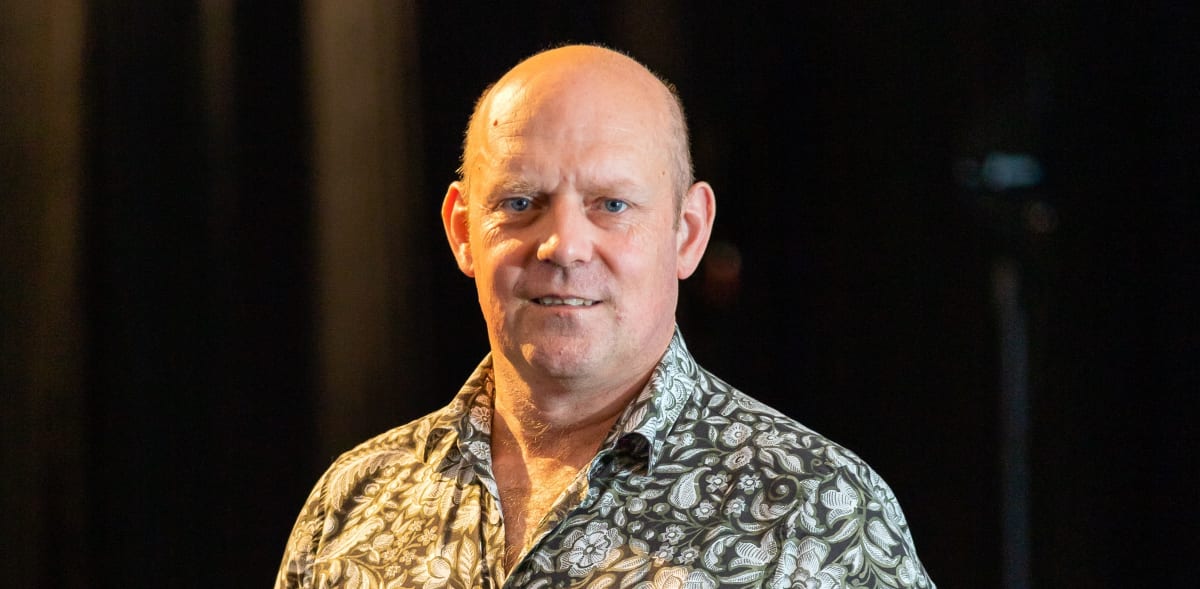
Investors with $1000 to spare and an interest in Kiwi-founded deep tech start-ups can get into the market courtesy of a small venture capital fund and Aotearoa’s newest, and least known, stock market.
'Deep tech' is definitely awesome. Not to be confused with deep fakes or the dark web (which are definitely not awesome), deep tech is technology based on tangible engineering innovation or scientific advances. Medical devices, clean tech, robotics, autonomous smart systems; deep tech companies are cutting edge and exciting. They are also high risk for investors, particularly at the start-up stage.
RocketLab is New Zealand-originated deep tech, now majority overseas-owned and not yet profitable; Soul Machines, PowerByProxi and Aroa Biosurgery are other well-known Kiwi deep tech firms. But there are also a host of start-ups, many spun out of university research departments.
READ MORE: * NZ flax: stronger and cleaner than fibreglass * The Kiwi company putting toddlers on mountain bikes * A bite of the profits: women growing new food brands endure heat in the kitchen
For the most part, investing in deep tech companies requires steady hands and deep pockets – most venture capital funds in the space expect investors to have thousands if not tens of thousands of dollars to spend, and a good understanding of the risks and pitfalls.
New Zealand venture capital company Matū Iramoe is coming at it from a different angle, with a fund aimed at investors with an enthusiasm for cutting edge technologies but limited resources, or risk tolerance.
The Matū funds were opened up in 2019, but it’s only more recently that non-specialist ‘retail’ investors have had the chance to get involved. The business has a portfolio of 17 early stage start-ups, ranging from a company working on carbon dioxide capture technology (Captivate) to one making green(er) ammonium (Liquium), to academics breaking into the lab-grown meat market (Opo Bio) and others making a tool for diagnosing gastrointestinal problems (Alimetry).

The fund is available to investors via Catalist, a small, relatively new, and surprisingly little-known New Zealand stock market. Catalist was established in 2021 to cater for small listings, but coming under the same sort of Financial Markets Authority-approved regulation as the much bigger NZX market.
Matū’s latest capital raise on Catalist aims to find $500,000 and is open until April 14. The minimum investment is $1000.
'Outsize impact'
Andrew Chen has a PhD in artificial intelligence and machine learning, but was always interested in entrepreneurship and start-ups. He was Matū’s first employee, “falling into” the venture partner role through the University of Auckland’s Return on Science programme.
Chen says science and deep tech companies have the potential to provide similar financial returns to other early-stage investment classes – and have the same potential risk as other start-ups. The difference is their “outsize impact”.
“The companies we’re investing in will do a lot more to make the world a better place than just another app.”

Chen says when he joined Matū, he saw the fund providing the sort of investment opportunities he might like himself. The trouble was, most venture capital funds were out of his reach.
“I thought there are so many people my age – I’m 31 this year – young professionals who might be interested in getting involved in this sort of deep tech investment. Start-ups are exciting, but short of starting my own company there was no other way to get involved.
“I’ve been looking for ways to open up doors to people for a while.”
In the early days Matū looked into the potential of a model like equity crowdfunding as a way to bring in investors, Chen says, but when Catalist opened up, he was happier with the level of investor protection provided by a stock market model.
“There’s more transparency and more regulation and that helps with legitimacy and safety; it’s more friendly for retail investors.”

So far, Matū has raised $850,000 from 180 investors on the retail market. It’s pretty small, and Chen would like to see that grow.
“If we were raising $1-2 million a year on that platform I’d be happy.”
One of the problems, he says, is that Catalist is also relatively unknown.
“It’s fair to say the market is still growing and a lot of people haven’t heard about it.”
Small cap market, mark four
That’s something that preoccupies Catalist co-founder Colin Magee too. He trained as a lawyer in the UK and after moving to New Zealand worked as head of conduct for the Financial Markets Authority, the industry regulator.
“I was the person people complained to about what was not working in the market,” Magee says.
And one of the things they complained about was the lack of listing options for smaller companies. “Having spent a bit of time suggesting to other people that this was what the market needed, I decided I was in a position to do it.”

The gap may be there, but success isn’t a dead cert. The NZX has tried three different versions of a junior stock exchange; the most recent ones – the NZAX and the NXT – failed to attract much business and were folded into the main market in 2018.
Magee says Catalist has a different model. Instead of smaller companies being expected to stick to the same strict (and expensive) continuous disclosure rules that apply on the main NZX exchange, his exchange uses what’s known as ‘periodic trading’. Companies’ shares don’t trade all the time – perhaps only for a week every quarter or a couple of times a year – and it’s only when trading is open that continuous disclosure rules apply.
“It dramatically reduces the burden on those businesses.”
"If the information is there, people can make up their own mind." – Oliver Mander, NZ Shareholders' Association
Oliver Mander is chief executive of the NZ Shareholders' Association. He likes the protection that the FMA disclosure rules gives for retail investors on the Catalist exchange, particularly in comparison to the lighthanded regulatory approach applied to alternatives like equity crowdfunding.
"Catalist is focussed on smaller companies, but the risks are disclosed; they are subject to disclosure."

Mander says an incident in early 2022, when investor and accountant Bruce Sheppard (also a former shareholders' association boss) picked up a potential valuation issue in a previous Matū capital raise, which resulted in it being withdrawn from the market for a while, is a sign of the success of the market, rather than the opposite.
"It's the fact that there's disclosure that allowed an investor to do that in the first place," Mander says. "If the information is there, people can make up their own mind."
Like Andrew Chen, Mander says there's a role for a deep tech company fund like Matū Iramoe in the marketplace.
"You wouldn't put your whole portfolio in these sorts of high-risk, high-return, micro cap, growth-focussed companies. But as part of a balanced portfolio, there's a place for them."
Slow market growth
Eighteen months in, the retail part of Catalist’s business is still small. The website shows three public market offerings, including Matū Iramoe, plus two more “coming soon”. There’s also struggling buy-now-pay-later company Laybuy, which is delisting from the ASX and moving to Catalist.
Magee isn’t discouraged.
“I’m pretty pleased with the rate of growth. We had targeted 16 [retail and wholesale] companies on the public part of the exchange by the end of the first year, and we had 10.”
That’s now 13.
Considerably more business comes from angel investment groups and small private companies not listing publicly, but using the exchange as a back-of-house way to manage their shareholdings.
Magee hopes some of the small companies listed via funds like Matū will, as they grow, graduate onto the exchange in their own right, providing more opportunities for retail clients.
“We’ve done a survey of our investors and the feedback is they are interested in interesting clients, for example in science and technology, early stage growth companies that are impacting the world. It should never be 100 percent of their portfolio, but there’s a lot of financial advantage in having a small proportion of your funds in that part of the market.”






